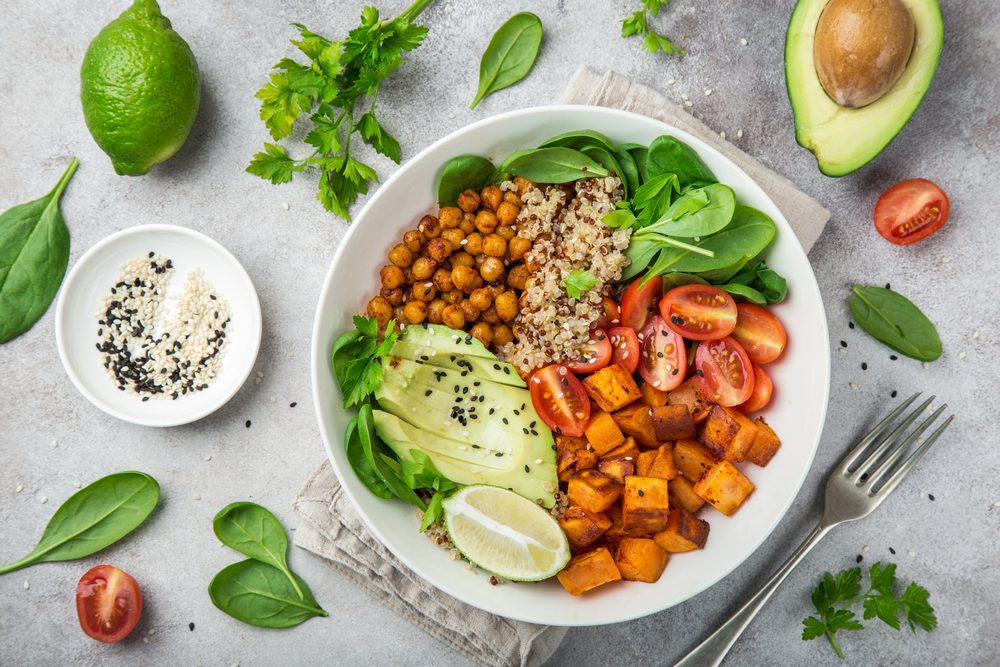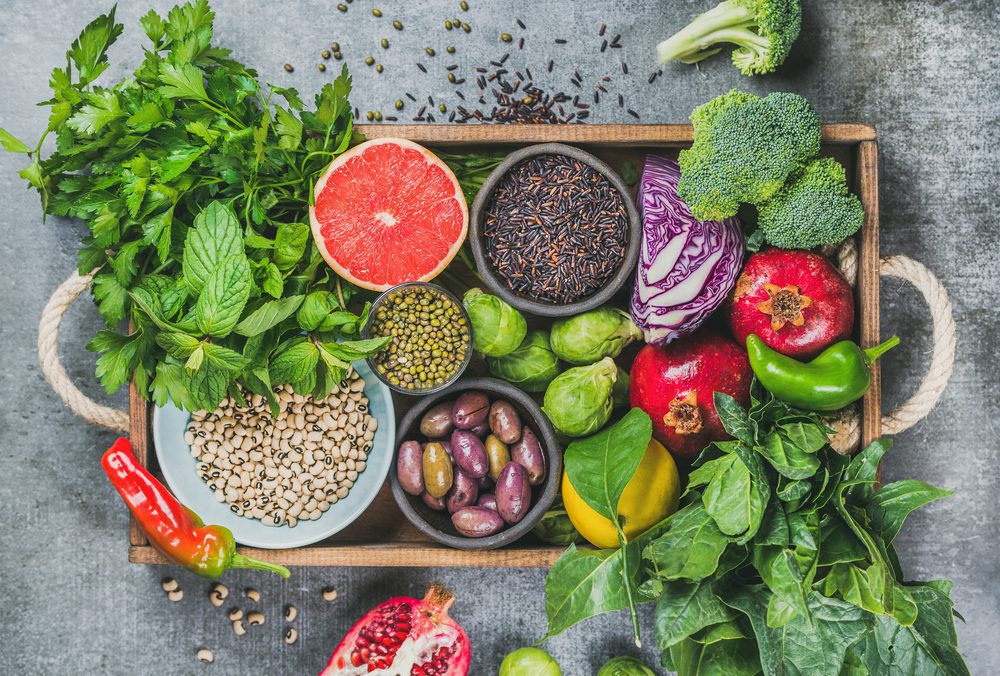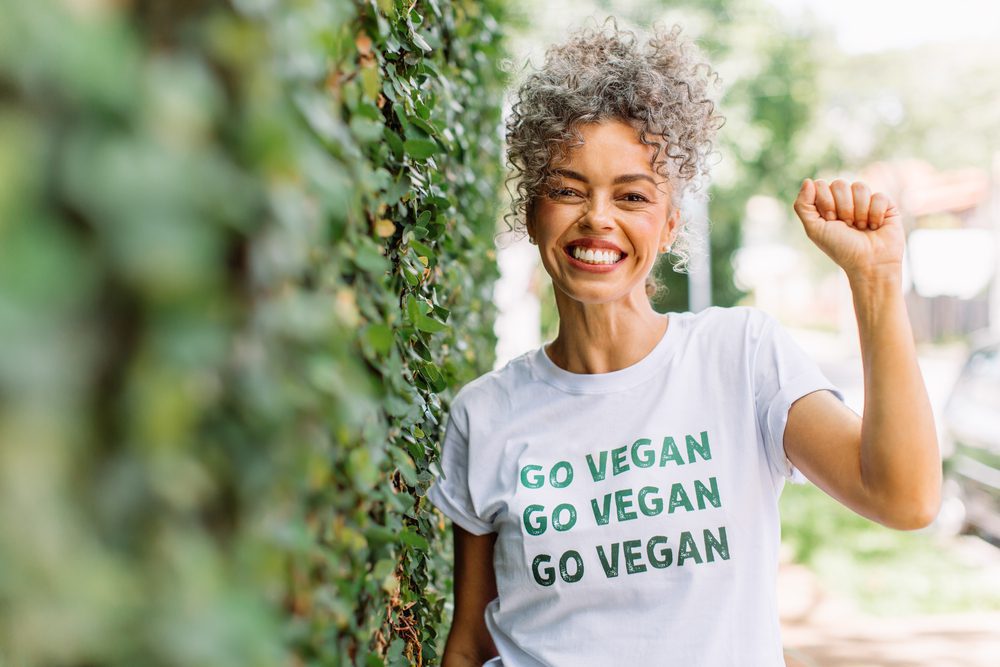Advertiser Disclosure: Many of the companies featured here provide compensation to us. This is how we maintain our free service for consumers. Compensation, along with hours of in-depth editorial research, determines where & how companies appear below.
Whether you want to solve world hunger or decrease the national debt, going vegan profoundly impacts your health. Ultimately, that’s the only way to feed everyone.
What can veganism do for world hunger, national debt, or your colon? Some people have asked me, “How do you plan to feed the people of the world if we were all vegans?” Believe it or not, that’s the only way we can feed the entire world.
Plant-based diets can feed everyone, while meat-based diets feed just 35% of the world’s population.

Regarding resources, most of our water and food is used to feed our food since beef takes fifty times more water to produce a calorie than potatoes. Over two billion people in India and China could be fed the amount of vegetable protein fed to cows raised for beef in the United States.
So many people cannot put food on their tables because we continue to eat meat and dairy in the United Kingdom. Ninety percent of animal feed protein concentrates come from poor countries where children often starve.
How about saving some money? Don’t want to save others? Cancer costs $77.4 billion annually in the United States, heart disease costs $273 billion, diabetes costs $245 billion, obesity costs $190 billion, diabetes costs $245 billion, and food poisoning costs $152 billion. In all of these cases, animal-based diets play a major role. Imagine how much money we could save if everyone were vegan.
There are fewer costs associated with plant nutrition than animal-based nutrition on an individual level. For example, lean beef is $4 per pound, while tofu is $1.25 per pound. Most co-ops and grocers sell ready-to-eat bananas for under 50 cents per pound. A hearty vegan meal can be made from various beans that cost pennies per serving.

Veganism often get a bad rap for being inconvenient, but the truth is that veganism can be extremely convenient. With more and more prepared vegan foods available, it’s easier than ever to enjoy a delicious vegan meal without spending hours in the kitchen. So next time you consider going vegan, don’t let convenience hold you back!
Instead of saving time, money, or hungry people, go vegan to save yourself! Straining to pass stool that is not softened and bulked up by fiber may cause our colon walls to balloon out in our weakest areas when passing it without fiber. Those bulging pouches can rupture, become inflamed, or become infected, resulting in life-threatening situations.
It is estimated that about one hundred thousand Americans are hospitalized each year as a result of a preventable condition called constipation. In the United States, we are literally “full of it.” Waste matter is precisely what it is. You do not want the waste matter to accumulate in your colon, just like you do not want garbage to accumulate in your house.
It is without a doubt that vegans have a clear advantage when it comes to pooping frequency. It was found in 2011 in a study published in the journal Nutrition that vegetarians are 35% less likely to get hospitalized or die from diverticulitis than meat eaters. Vegans appear to eliminate 78% of the risk of being hospitalized or dying from diverticulitis.

A new study has found that a plant-based diet may decrease the risk of diverticular disease, even after controlling for fiber intake. Researchers conducted a study to determine whether meat itself may be associated with a higher risk of diverticular disease by altering the metabolic process of bacteria in the colon. As a result, the colon wall may weaken, which could lead to diverticular disease.




